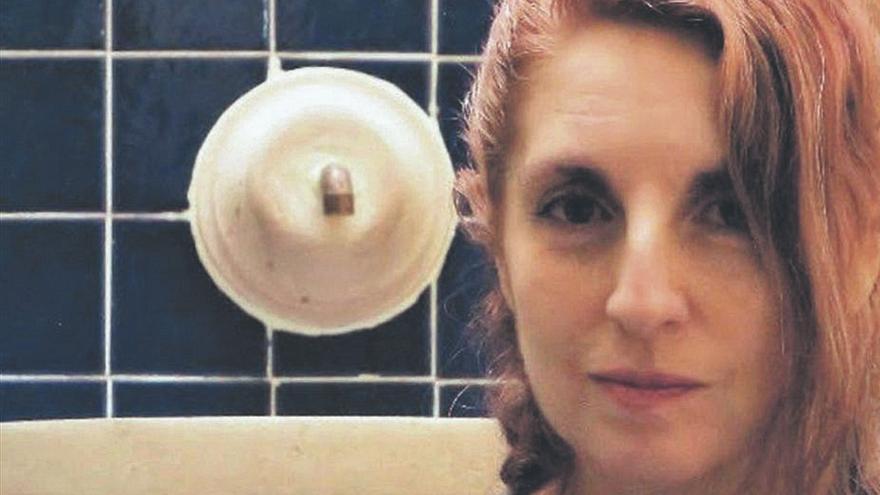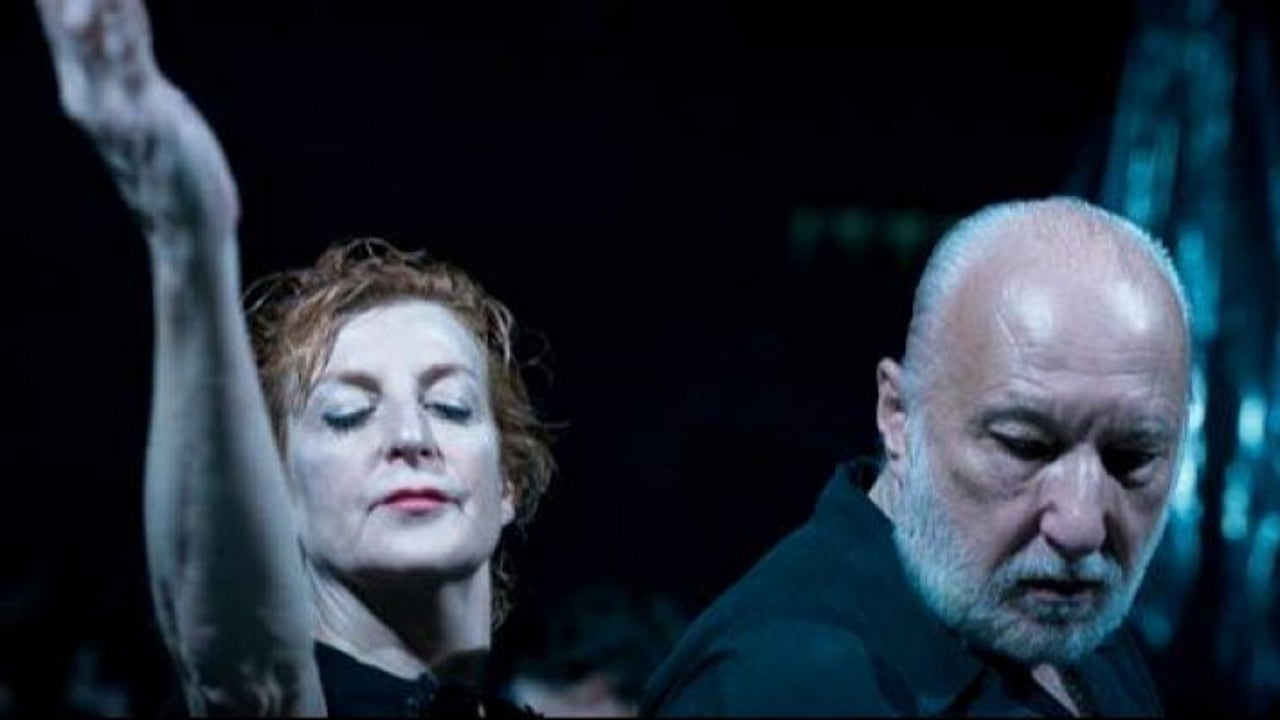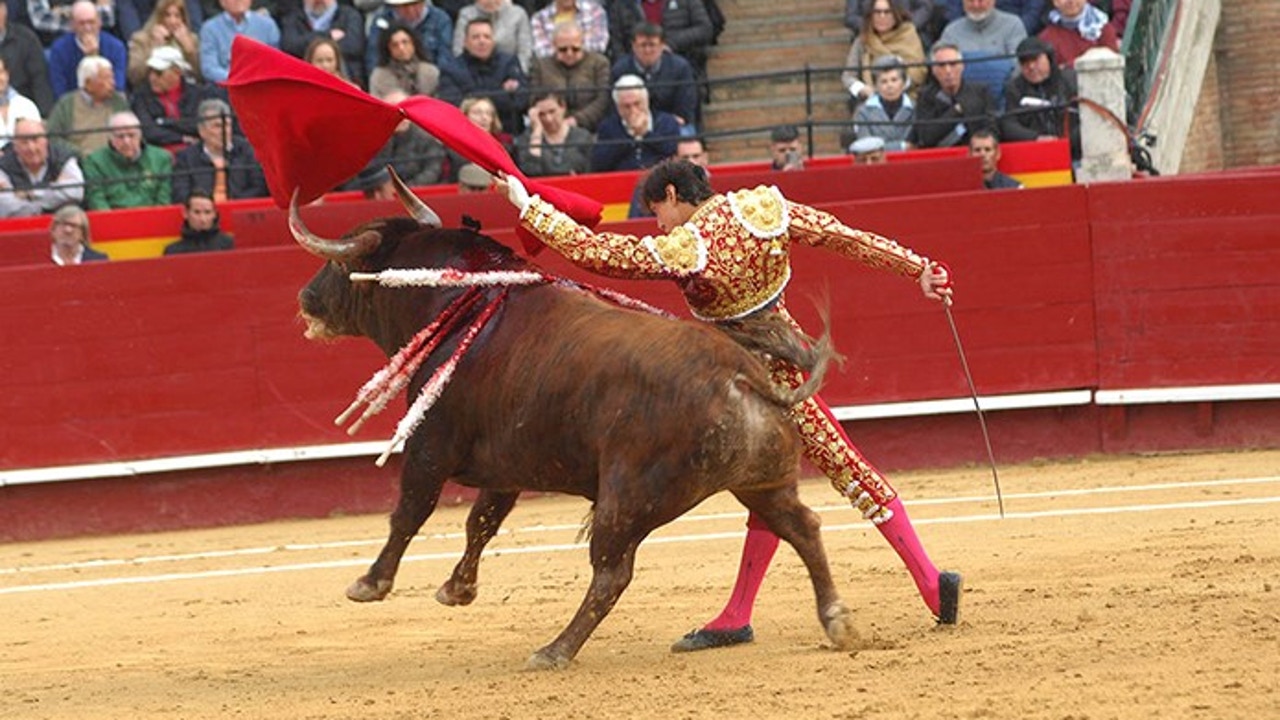Justice for women - The Province


Red lips, perfume on her breasts. Makeup to cover her scar. "In the mirror behind the bartender I don't look monstrous. The scar is invisible from here and my lush body looks almost perfect, Ireland thinks. She is in a dive. She needs a man. She chooses her victim: Nick, the singer of the group she plays, physically unattractive, but with blue eyes. When Ireland goes hunting, the hairs on her skin stand up and her nipples harden, although she doesn't usually notice it. She knows that she will go out with Nick to her house. That they will have sex. That she will end up torturing him. That she possibly kidnaps him. That she might end up killing him. "I just want someone to talk to and who listens to me, a person to spend the night warm and snuggled up with," she will tell Ireland days later to her victim, handcuffed and gagged next to her.
The novel Cara de hare by the Mexican Liliana Blum, recently published in Spain by Seix Barral, is the story of the revenge of a woman who was stigmatized by society for having a scar on her face. Blum weaves a narrative truffled with macabre humor and acid comedy that corrodes the foundations of what is politically correct. Since she was a child, Ireland only aspired to be accepted by her peers. She is tired of being harassed, after a life of bullying, she decides to turn the situation around. She kidnaps men and transforms them into handcuffed "meek boyfriends." With some, she lives for a few days even after killing them. Pure necrophilia. The publisher describes Hare's Face as "a masterful combination of Almodóvar's black humor in Tie Me Up and the everyday violence of Stephen King's Misery." Liliana Blum confesses in a videoconference that her novel is partly inspired by episodes from her life: «As a child, I suffered a lot of physical and psychological violence for being a redhead. Punches, kicks. It never occurred to me to tell my parents. Human evil comes from a very tender age. We don't like to think that there are bad children, but there are, and they become bad adults."
role reversal
When Liliana sent the manuscript of Cara de lebre to her publisher, she thought that they would not publish it. The writer herself confesses that she opted for role reversal, although she knew it was risky. “It was playing a bit. In Mexico a man can go to a nightclub at midnight, get drunk, leave with a woman he doesn't know, and his biggest fear is that his wallet will be stolen. If a woman in Mexico does that, she's going to end up dead. In literature we can have what reality and justice do not give us. It's poetic justice, if a little twisted." At the end of 'Hare Face', Ireland herself argues, alongside a gagged Nick, that the reversal of roles is complex: «Painful for some. It is difficult for him to learn. He is a hard head ».
Liliana Blum's novel is a scathing hurricane against the canons of beauty. At the end of the book, Nick is described as a more misshapen creature than Ireland, "but with a self-assurance and self-esteem to heaven." The writer harshly criticizes the objectification of the female body: «It is impossible to separate ourselves from our bodies and from those impossible things that are required of women: thinness, youth, beauty. Women are not allowed to be anything but their bodies. From the age of forty we become invisible. When Hillary Clinton was running against Trump, I would hear the comments… 'look how fat she got', 'look how old'. A man can be powerful, have money, and his body takes a backseat. With the woman never. It is a complaint that I have always had, and my protagonists live it and complain too.
hares among foxes
Hare face challenges, in turn, the role reserved for women in the world ("hares in a world of foxes" in the novel): "Women should not get angry, we should not get aggressive, much less kidnap or kill. It has been instilled in us, and I hate that, that we cannot be alone, that we need a man by our side, ”says the writer. Perhaps for this reason, the body is described in the novel with viscerality: brutal, hypersensitive, a source of pain. "The body as a mere conglomerate of tendons and cartilage." pieces of meat Viscera. But not only negative: also celebrated for a kind of right to female pleasure. "If the body is going to bind us in all areas, we should also have the right to enjoy it," the writer clarifies.
Near the end of Hareface, the protagonist Ireland feels a fit of loneliness. She is about to go hunting again. "It would be so nice to walk hand in hand with someone who doesn't bite or swear," she tells herself. "My protagonists want someone who loves them," says Blum. It occurs in her novel Pandora (2015), in which an obese woman who has never loved gives herself up to a gynecologist who tortures her. Also in 'The Pentapod Monster' (2016), in which a woman becomes an accomplice of a pedophile because she is afraid that they will leave her. What is the reason for this recurring obsession? «My obsession is why women do the things they do to not be alone. I once read a book about a psychopath, Dennis Nilsen, 'Killing for company', I felt a lot... -he stops before he says the next word, hesitating- empathy... for him. I'm not excusing it. Nilsen did what Ireland did, he wanted to be accompanied. He did not know how to relate to the others, nothing more than with corpses ».
live with the monsters
The final part of the interview is populated by monsters. The concept of monstrosity appears. "When it's too obvious, the monster is made invisible," says Liliana Blum. Phrases from Cara de hare sneak in. «Human monsters: pederasts, political assassins. Mythological monsters: minotaurs, giant squids. Religious monsters: demons, bishops». The novel meditates: «Ireland, apart from that scar, is apparently normal, that is why it is easier to attack it. The bad guy is less bad if he attacks someone not so monstrous. More quotes from the book: "Nobody wants to be the person who pulls a cripple out of his wheelchair and kicks him, too easy." And more monsters: «Psychiatric monsters: schizophrenia, senility. Monsters for children: the one who lives under the bed, the tooth fairy. Has the human being learned to coexist with the monstrous?
Without an answer to the question, the conversation leads to a certain literary disagreement between Spanish publishers and Latin America. Despite Liliana Blum's long career, before 'Cara de hare' she had barely published the set of stories 'Tristeza de los critics' (Páginas de Espuma, 2019) in Spain. Blum points out that a small group of well-known Latin American authors are published in Spain, but that the majority of Spanish authors are distributed in Latin America. Liliana also questions the labels that hang over Latin American literature. «What could be fantastic or strange in Europe, here is everyday. Violence and Latin American realism are not understood, and therefore the need to put labels on it. It takes a bit of understanding of the contexts », she concludes.











